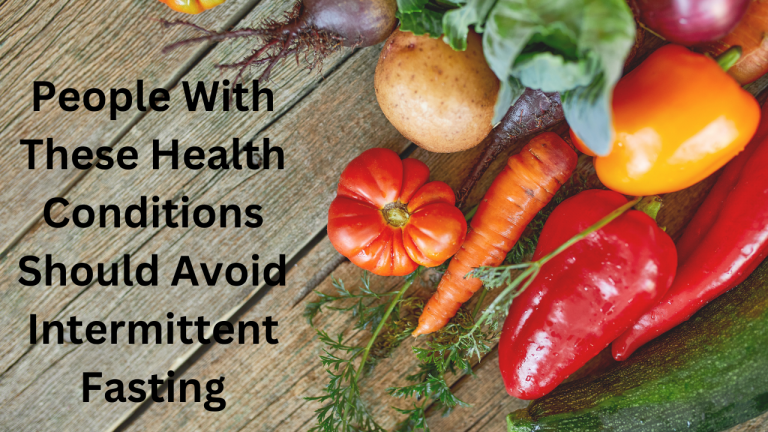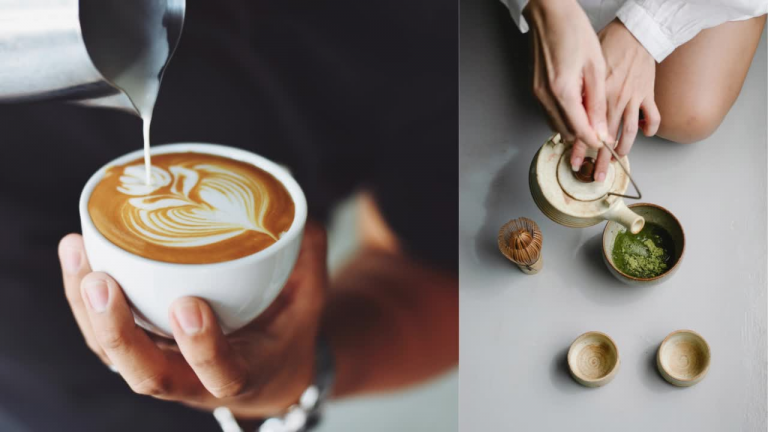Struggling With Joint Pain This Winter

Joint pain occurs when the blood circulation gets slowed down and the pain sensitivity increases due to cold.
When mercury drops in the winter season, it results in a recurring health problem for some of us. Joint aches and pains during the cold weather can make even the easiest of tasks like sitting and bending the knee excruciating. As the problem is quite common, some tend to ignore it or wait for the weather to get warmer. But this wouldn’t solve the problem and you may experience symptoms again in next winter. Joint pain occurs when the blood circulation gets slowed down and the pain sensitivity increases due to cold. This also leads to an uptick in patients with arthritis, which is an inflammatory condition. The doctor says that during this time not just the elderly but even middle-aged people begin complaining of inflammation in the joints.
Cold temperatures can increase aches and pains in the body, especially in the joints.
This is because the cold can slow down blood circulation and increase pain sensitivity, which is also why we see flare-ups in patients with arthritis. Arthritis is an inflammatory condition (like any other ‘itis’).
Hence following an anti-inflammatory lifestyle can hugely help in dealing with its symptoms.
An anti-inflammatory plan includes good fats and eliminates sugar and processed foods.
Processed vegetable and seed oils should also be replaced with ghee,
avocado, or coconut oil.
It also includes supplements like curcumin, black pepper, omega 3, garlic, ginger, and Ubiquinol amongst others.
To get rid of these aches and pains, the doctor suggests that while the medication is advised to treat the symptoms, one should also adopt an anti-inflammatory diet and lifestyle plan. Such a diet plan consists of good fats and excludes eliminating sugar and processed foods.
When it comes to oils, one should avoid consuming vegetable, processed, and seed oil and consider replacing them with avocado, ghee, or coconut oil. The doctor also suggests taking supplements like curcumin while making sure to add black pepper which will help with the absorption of it. Other supplements or food that can prevent joint aches are omega-3, ginger, garlic, and ubiquinol.
Besides the food and supplements, one should prioritize proper hydration to make sure that the joints are provided with enough lubrication with good fats. These tips will help increase the mobility of the joints and decrease dependency on medication,
Extra Tips To Relieve Joint Pains
Frankly, this isn’t just for winters. Following this lifestyle, we see a reversal of symptoms and a slowing down of the progression of arthritis and other inflammatory diseases.
I’m posting this now because I’ve been seeing and getting calls for a host of such cases this winter.



